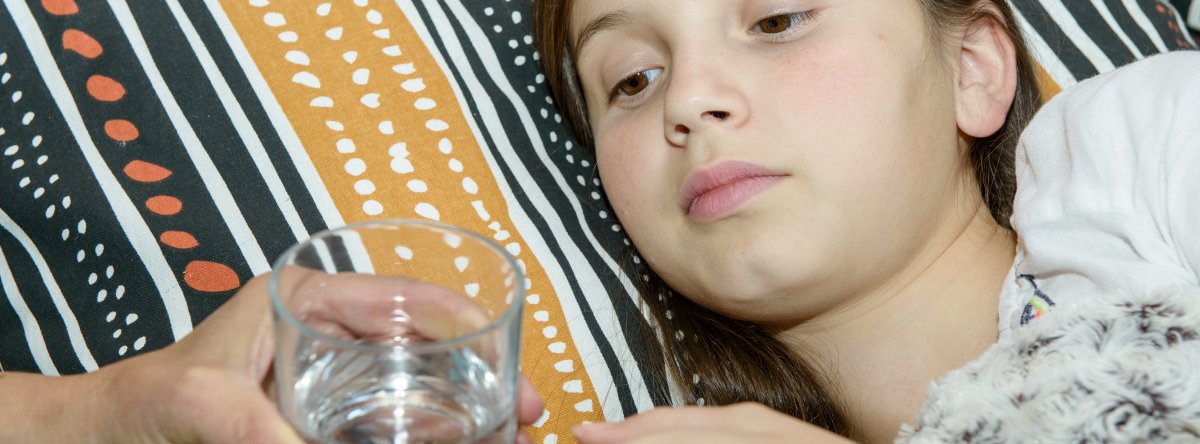Your child's medication
While there is no single medication that can improve M.E. as a whole, some medicines that might be able to help with individual symptoms or aspects of M.E. These include melatonin for sleep, and amitriptyline for pain.
As with all medication, do not give more than the prescribed dose, and keep out of reach of young children.
The 2021 NICE guideline for M.E. advises the following regarding medication:
"1.12.16 Offer people with ME/CFS a medication review in line with the NICE guidelines on medicines adherence and medicines optimisation.
"1.12.17 Take into account when prescribing that people with ME/CFS may be more intolerant of drug treatment. Consider:
- starting medicines at a lower dose than in usual clinical practice
- gradually increasing the dose if the medicine is tolerated.
"1.12.18 Drug treatment for the symptoms associated with ME/CFS for children and young people should only be started under guidance or supervision from a medical professional trained and experienced in paediatric prescribing."
Melatonin
If your child is having problems getting off to sleep even after working on their sleep hygiene, some specialist paediatric consultants may discuss trying Melatonin.
Melatonin is a hormone produced by the pineal gland in your brain – mainly at night – and this natural hormone is important for controlling sleep and your biological clock. Your child may be prescribed a chemically reproduced form of melatonin, licenced for use in adults in the UK. If you have concerns, please don’t hesitate to raise these with your consultant.
This is usually given once a night about half an hour before bedtime, and your child needs to be ready to go to sleep, ie. resting in bed and not being busy around the house.
Melatonin’s use in M.E. is relatively new, and we do not know whether there are long term or rare side effects. There are no studies in this patient group. It is unlicensed in paediatrics in the UK, which means it's not currently generally available and can only be prescribed by consultants. What is vital is that’s its use and period of time taken, with reviews, must be managed by your specialist consultant.
Amitriptyline
Some doctors use the drug amitriptyline to help people with M.E. manage their pain. As it also makes you sleepy, it is particularly useful for young people who have pain and cannot sleep.
Although amitriptyline is an antidepressant if used in a larger dose, that isn't why it is used for M.E.
If it's prescribed for your child, they will be taking a relatively low dose, usually starting between 5mg and 20mg and slowly increasing up to 40mg or 50mg (depending on their weight). They will be asked to take it once a day and it is best to take it in the early evening with your meal.
Side effects at this small dose are unusual, but some people do say they can feel generally unwell with it. If this is the case, you and your child can speak to your doctor about reducing the dose to 5mg a day, and then increasing it gradually back up to the original starting dose.



